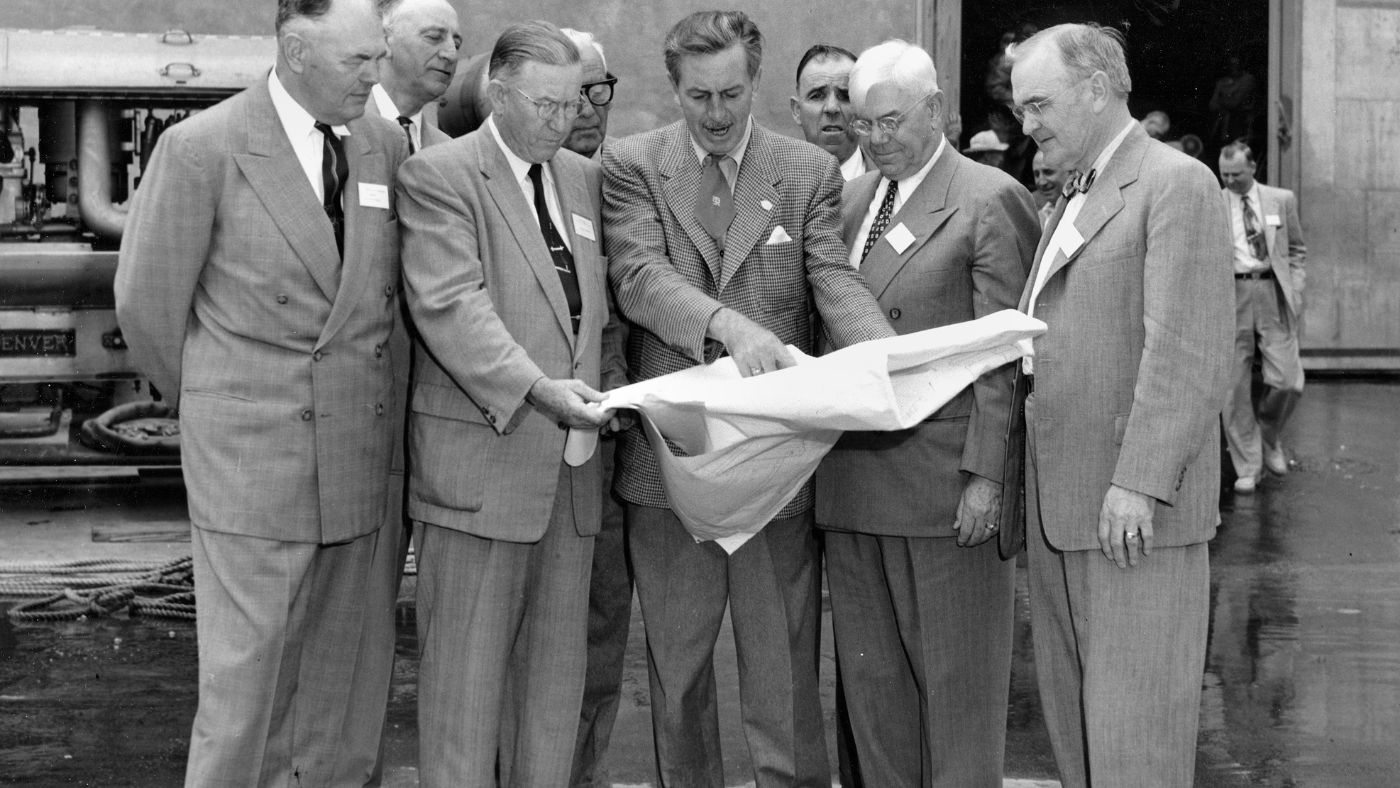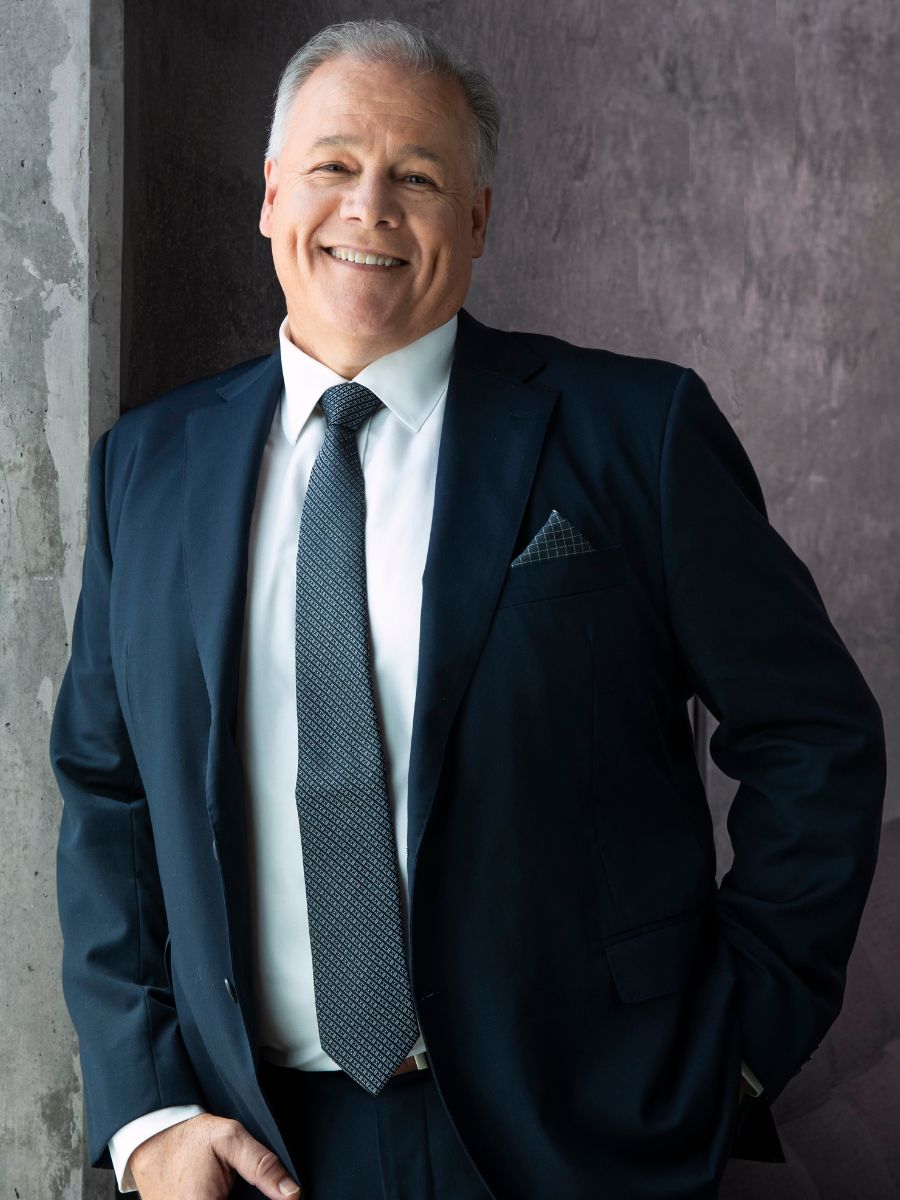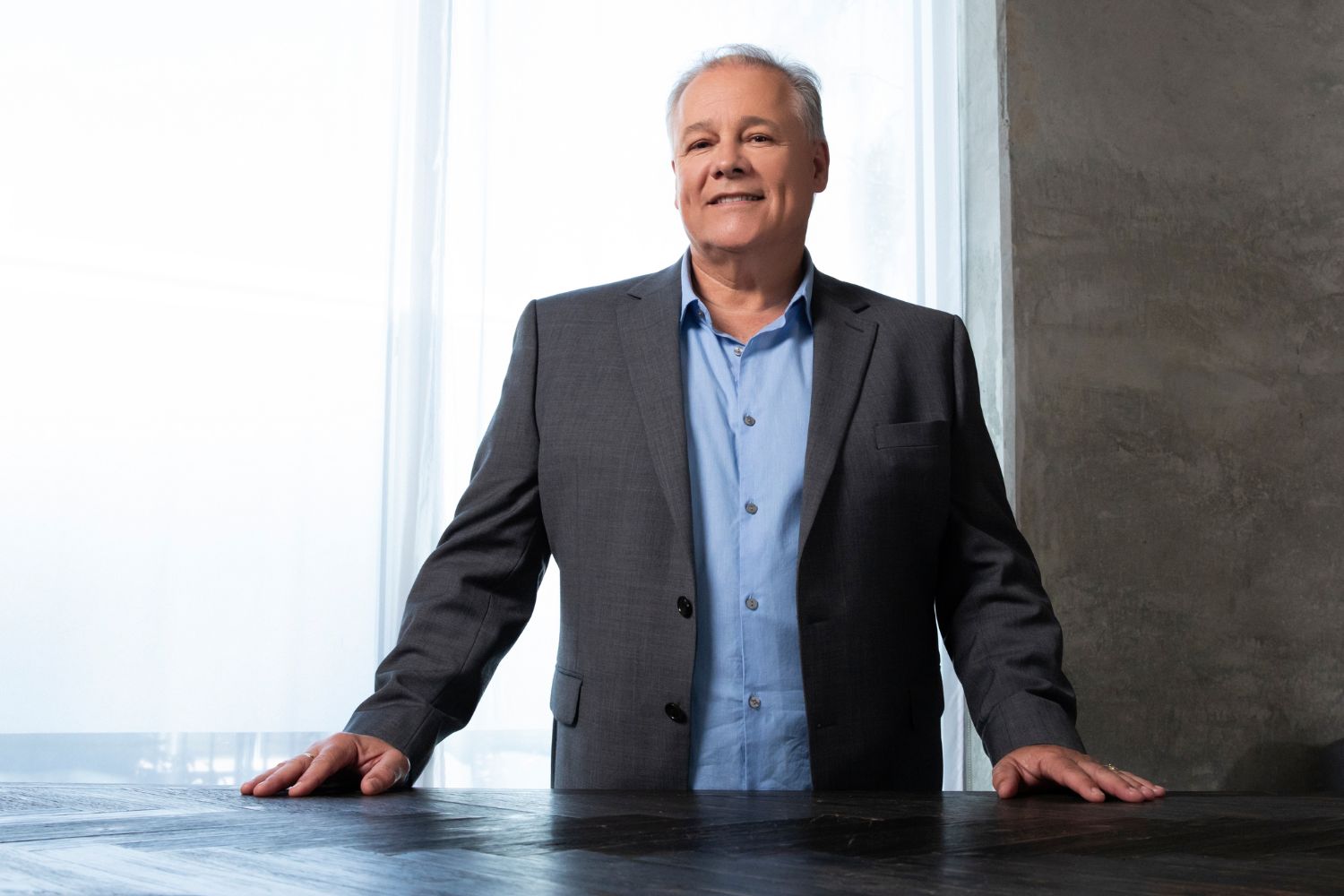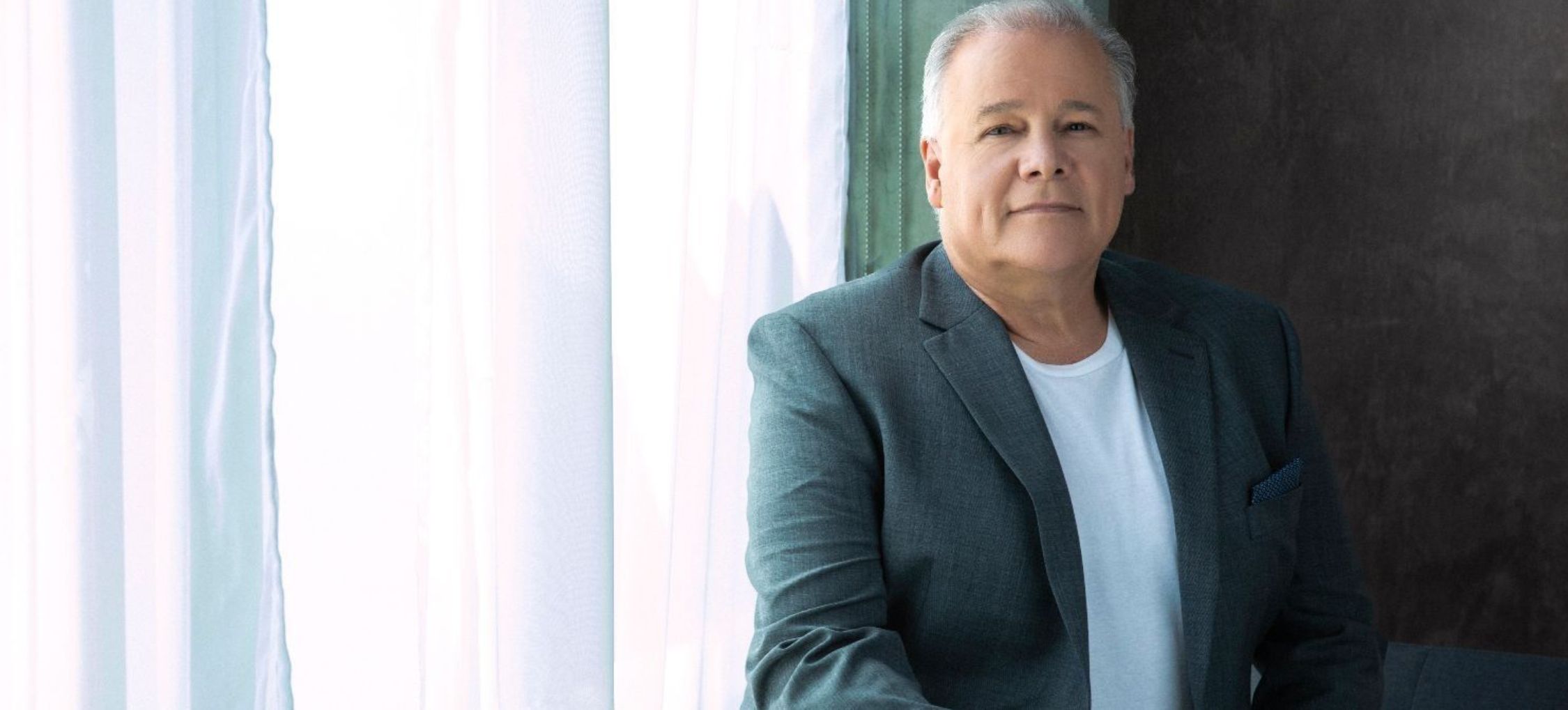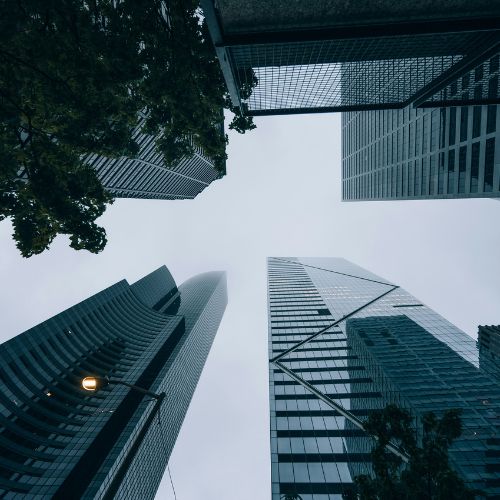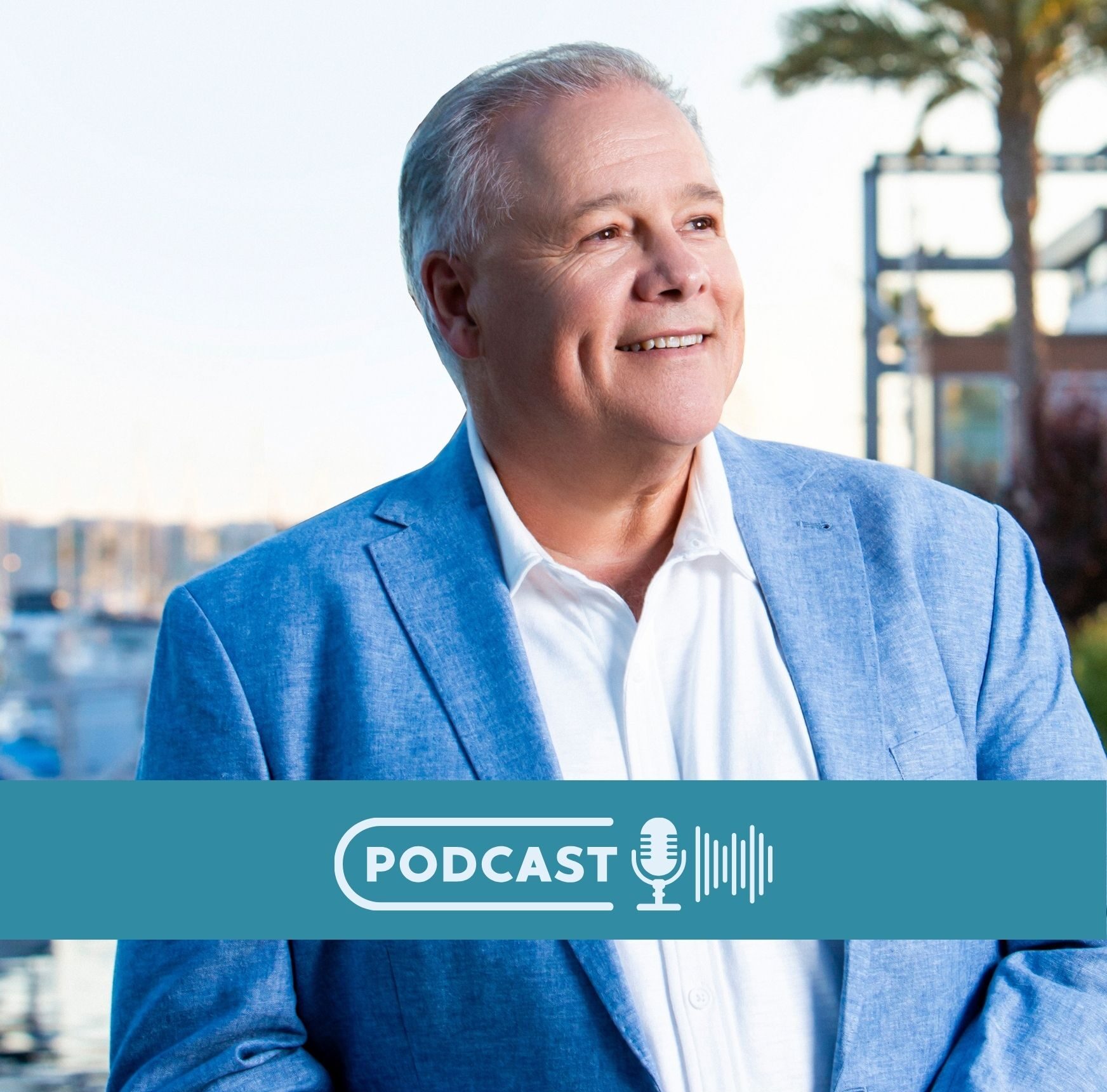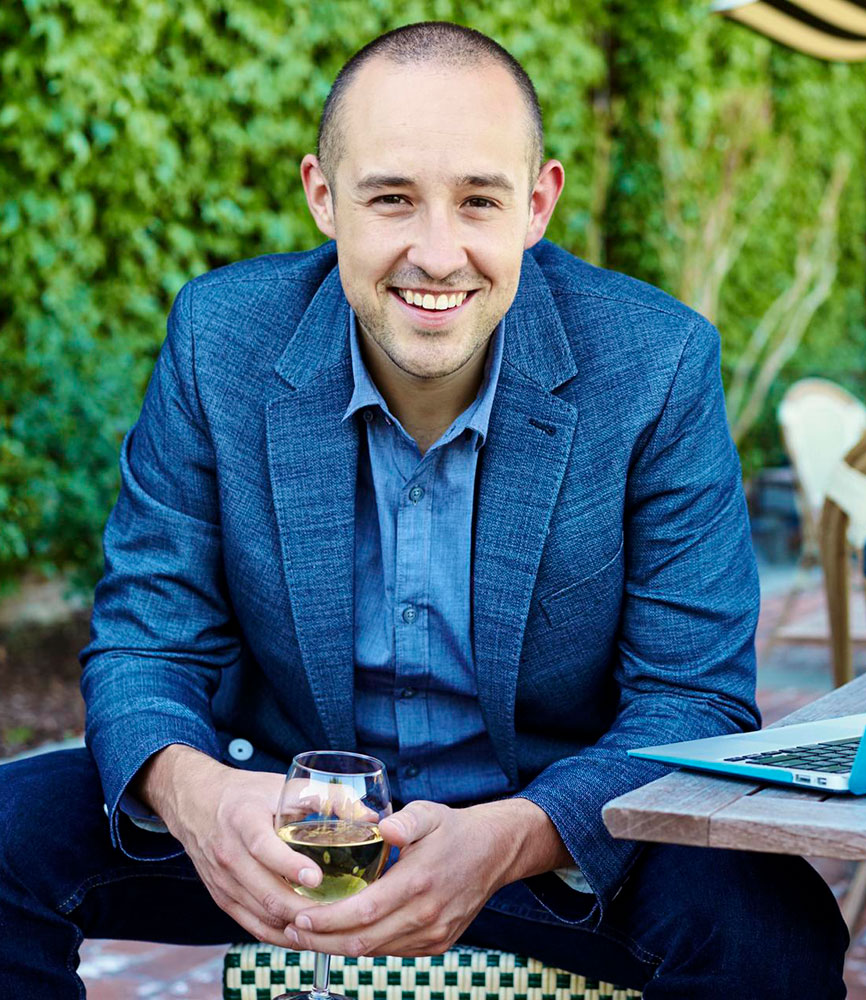1. It’s warming.
2. It’s us.
3. We’re sure.
4. It’s bad.
5. We can fix it.
This “Climate Science 101” haiku, as Dr. Kimberly Nicholas calls it, is a game-changer in how we communicate about climate change. As she explains on the latest episode of The Wisdom Of… Show, “It’s unequivocal. It’s just a fact that the climate is warming… and it’s because of human activities, primarily burning fossil fuels like coal, oil, and gas.”
As an Associate Professor of Sustainability Science at Lund University and author of “Under the Sky We Make,” Kimberly has a unique gift for distilling complex climate science into actionable wisdom.
I had the privilege of sitting down with Kimberly to unpack her groundbreaking approach to climate action for The Wisdom Of… Show. What emerged was nothing short of a masterclass in how we can all play a role in shaping a sustainable future.
The Carbon Budget Bombshell: A Legacy Across Generations
Perhaps the most thought-provoking concept Kimberly introduced was the idea of our shared carbon budget. She explained, “Some of the carbon we burn today will still be in the atmosphere 10,000 years from now… there’s really nothing that humans are doing or that certainly I think you or I, or any of us personally are doing, that will last as long and have as big of an impact and legacy as our carbon legacy that we leave on this planet.”
This perspective reframes our understanding of individual responsibility.
I was really challenged by her thinking.
My actions today are the legacy I’m leaving for thousands of years to come.
Your actions today are the legacy you are leaving for thousands of years to come.
Our actions today are the legacy we are leaving for thousands of years to come.
As a leader, this concept challenged me to think about how we can incorporate long-term stewardship into our business strategies and personal lives.
The Five Climate Superpowers: Unlocking Our Potential for Change
Kimberly introduced us to the concept of our “five climate superpowers” – our roles as
-
consumers,
-
investors,
-
role models,
-
professionals, and
-
citizens.
This framework provides a practical way for individuals to assess and leverage their impact.
“If you’re lucky enough to earn more than 38,000 US dollars per year,” Kimberly explains, “you’re in the top 10 percent richest people on Earth. And you’re in a group that does need to look at your own carbon footprint.”
This insight is crucial for business leaders and entrepreneurs. It challenges us to consider not just our corporate sustainability strategies, but our personal actions as well.
How can we use our influence in each of these roles to drive meaningful change?
The Regeneration Mindset: A New Paradigm for Business and Life
One of the most transformative ideas Kimberly shared was the concept of the “regeneration mindset.”She explains, “A lot of our problems today are caused by the exploitation mindset, this idea that humans are superior to nature, and that some humans are superior to other humans. And I think these two mistaken views lead to a lot of our problems.”
Instead, Kimberly advocates for a regeneration mindset, focused on improving and adding to our environment, rather than merely extracting from it.
This approach aligns closely with my work on company genius – creating systems and cultures that continually renew and improve themselves.
For business leaders, this concept offers a new lens through which to view sustainability efforts: actively contributing to the health of our planet and communities through our companies.
Personal Climate Action That Matters: Beyond the Low-Hanging Fruit
Perhaps the most practical aspect of our conversation was Kimberly’s advice on high-impact personal climate action. She challenges the notion that small, token actions are enough, instead focusing on the areas where individuals can make the biggest difference.
“About two-thirds of emissions from [the top 10% income] group come from flying and driving,” Kimberly reveals. “So the biggest thing we can do as individuals, if we’re in this elite group that does need to look at our own footprint, is to reduce or stop our flying and driving.”
This insight is particularly relevant for business leaders who often find themselves traveling frequently. It challenges us to rethink our business models and personal habits in a way that aligns with our climate goals.
Climate Leadership
Kimberly’s insights challenge us to rethink not just our approach to climate action, but our entire relationship with the planet and each other.
Her vision of climate leadership is not about grand gestures or technological silver bullets, but about consistent, informed action across all aspects of our lives.
For any leader grappling with how to address sustainability in their organization – whether you’re dealing with supply chain issues, employee engagement, or product innovation – this conversation is a must-watch. Kimberly offers not just inspiration, but a practical blueprint for how we can all become better stewards of our planet.
So here’s my challenge to you: Watch this episode. Then, ask yourself this:
What would it look like to adopt a regeneration mindset in your business and personal life?
The future of our planet isn’t set in stone. As Kimberly’s book title suggests, it’s “Under the Sky We Make.” The choices we make today will shape the world for generations to come.
Watch the full interview with Dr. Kimberly Nicholas on The Wisdom Of… Show.
And don’t miss Simon Bowen’s transformative masterclass on unlocking your organization’s hidden genius. Your future self will thank you.

